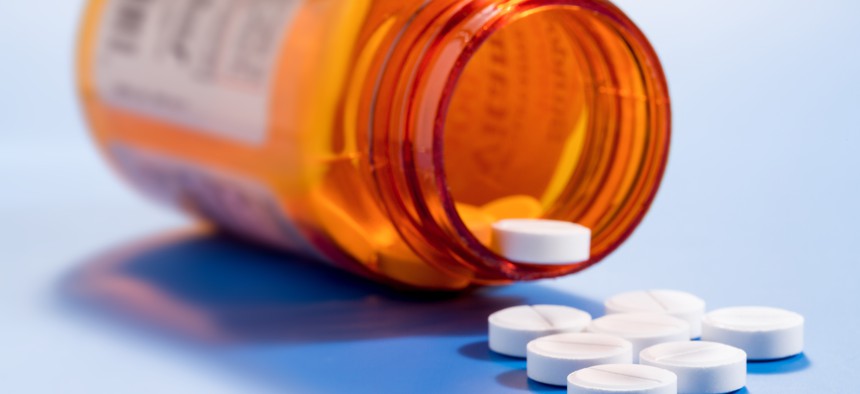Can Social Media Tracking Make Medication Safer?

science photo/Shutterstock.com
FDA is considering analyzing social media data to learn more about product safety.
The Food and Drug Administration is investigating how valuable social media posts -- complaints about a certain drug’s side effects, for instance -- could be used in the regulatory process.
On Sept. 11, the agency held a public workshop to discuss the possible uses for social media in assessing product safety, but noted that questions about the posters’ expectations of privacy have not been resolved.
During a keynote speech, Henry Francis, FDA’s deputy director of the Center for Drug Evaluation and Research, told an audience that posts on sites, including Twitter and Facebook, are useful for tracking “big, bad and sudden” health-related phenomena. If online mentions of a certain drug or symptom suddenly spike, it likely requires further investigation, he said. These posts, when combined with geolocation data, could help governments respond to disease outbreaks or instances of tainted drugs.
FDA appears to be in the early stages of formally tapping into social media, though it has been experimenting with new ways to collect information about drug side effects for years. Francis described RAPID, a mobile app the agency has been using for a few years to aggregate physician-generated photos, audio descriptions and videos of patients experiencing reactions. The prototype was first deployed after the 2009 H1N1 epidemic.
The primary users of RAPID are physicians, trained to use medical terms. Analyzing public information and turning colloquial speech into technical language is a challenge, Francis said. “If someone says [they are] sleepy, what does that mean and how do you evaluate it?”
And FDA also still needs to determine which social media platforms provide the most valuable information. Francis said there are more than 150 potential sites FDA could examine.
"We tend to focus on Twitter and Facebook because they’re large," he said. But he described one recent experience studying drug use in transgender populations, and noted that this and many other communities often use niche social media sites.
Social media would be just one of many sources of information about product safety, he emphasized.
Francis also noted that FDA's enthusiasm for information about products must be counterbalanced with the privacy concerns of the individual.
"Those haven't been sorted out yet," he said.
(Image via science photo/ Shutterstock.com)
NEXT STORY: FAA drone deadline looms as apps bloom


